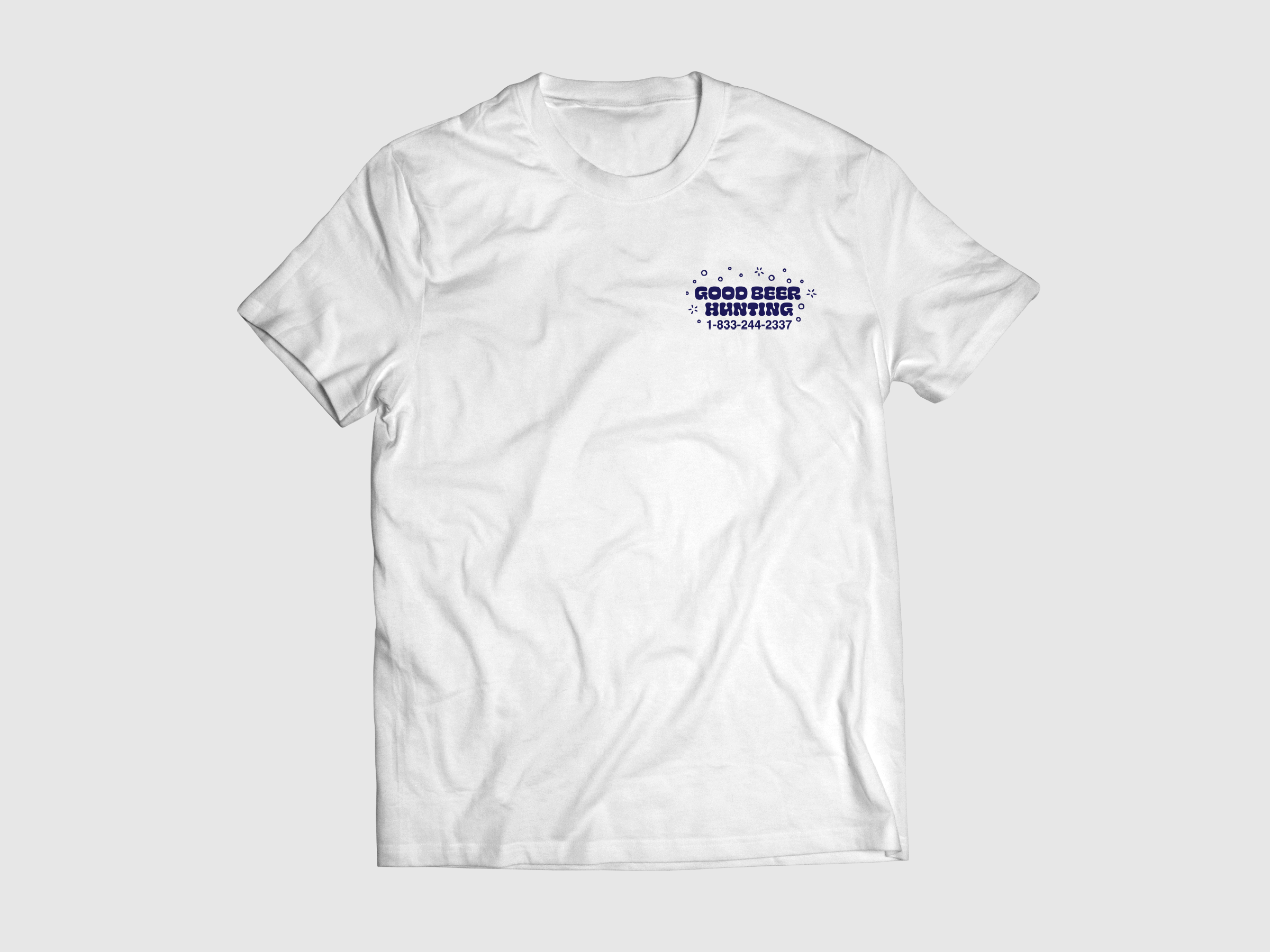This month, we're collaborating with Expedia and their Viewfinder site, with a specific challenge in mind — "show us what Oktoberfest means to Chicago." If you're from Chicago, you know that Oktoberfest has deep roots here, with a number of festivals, churches, breweries, and restaurants celebrating the 200+ year old event. We can't possible cover them all, but what we can do is show you how diverse the celebration has become, especially as newer craft brewers take up the charge themselves, and introduce us to a new generation of Oktoberfest beers. So today, we're starting with the Berghoff, which represents both old and new.
Founder, Herman Berghoff, and his three brothers, Henry, Hubert and Gustav, first served Berghoff beer (brewed in Fort Wayne, Indiana at the time) at the Columbian Exposition in Chicago in 1893. A few years later, The Berghoff brand expanded, opening a men-only saloon in 1898. Order a stein of their Dortmunder lager for a nickel, and you got a corned beef sandwich for free.
Over time, the bar sprawled, adding a restaurant and downstairs cafe. Ownership also evolved, changing hands from one family member to another over the years, and the restaurant and bar all but closed down cold in 2006. Ben Minkoff, who's family owns and operates General Beverage out of Wisconsin, bought The Berghoff Label in 1994, and shortly after bought the Joseph Huber Brewing Company, a large contract brewer in Wisconsin and the oldest continuous operating brewery in the Midwest — second oldest in the US, established in 1845. In 2006 they sold the Huber brewery to Minhas but kept ownership of the Berghoff label separately, and in June 2013, they switched brewing facilities to Stevens Point, WI, where they are now currently brewed. The history of the brand, across the restaurant and brewery, is a complicated one that somehow manages to remain reasonably coherent in the eyes of the consumer.
When the Berghoff decided to make a comeback, re-opening the bar and restaurant (only the small cafe avoided the shut-down) it did so amidst a resurgence in Chicago beer. This past year, they went so far as to reformulate a number of recipes and re-brand the beers, including an oak-aged stock ale, a wit, and the classic Dortmunder lager under the eye and hand of homebrew icon and designer Randy Mosher and the Siebel Institute's John Hannafan. The beers retain a strong connection in both taste and presentation with the history of the company. And they seem right at home in the Berghoff bar.
All this to simply set the stage for Oktoberfest. When you get a pretzel the size of your head, or dive into a stein the size of a kiddie pool, you're getting a fairly elaborate history of one of Chicago's best-loved institutions. As more breweries come on to the scene in Chicago, it's easy to forget the city's brewing history, interrupted by Prohibition, the Great Fire, and the even greater consolidations and economic factors that shut down an industry that once stood as tall as Milwaukee's own.
This month, for their Oktoberfest celebration, the Federal Plaza in the Loop was set up with picnic tables and tents again. But as the weather turned into a 50 degree spritzing rain that chilled you to the bone in September, only a few handfuls of festival-goes cowered under the tents drinking the clean, slightly bitter and bracing all-malt Bavarian-style Marzen that marks the turn of the season for beer drinkers. But around the corner, in the yellow-lighted, wood-paneled Berghoff, the bar was filled with hungry, warming souls the way it might have over 100 years ago.
GBH brings you this collaborative series exploring Chicago's Oktoberfest culture, past and present, with Expedia. Follow along here, and on Expedia's Viewfinder site, and watch for the hashtag #findyourbrew.
Learn more about Expedia's Chicago destinations >>















